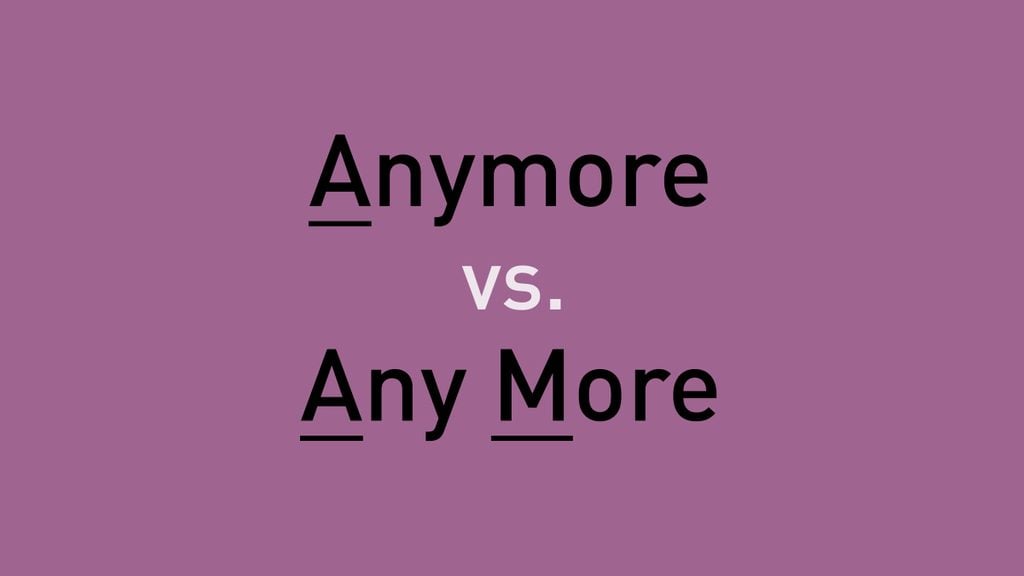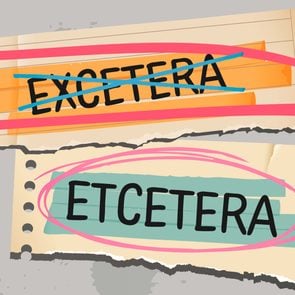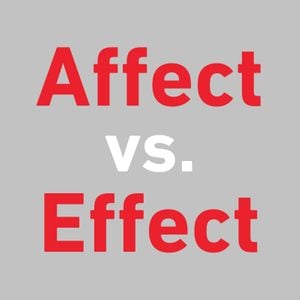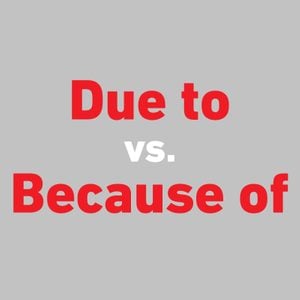“Anymore” vs. “Any More”: Which Should You Be Using?
Updated: Mar. 25, 2022

What would Chandler do?!
With the 25th anniversary of the TV show Friends last year, your social media feed was probably bombarded with tribute posts. A personal favorite line of many Friends fanatics is Chandler Bing’s (played by Matthew Perry) catchphrase: “Could I be any more [insert adjective here]?” But chances are, several of such tributes were actually misquoted. All too commonly, people default to writing “anymore” when they actually mean “any more.” It’s one of the pairs of words people mistakenly combine into one all the time. But when, exactly, should you actually be using each one?
What does “anymore” mean?
Though it’s not actually what Chandler Bing is saying, “anymore” is, of course, a real word and is correct in some cases. “Anymore” is an adverb and it’s specifically related to time—it means the same thing as “any longer.” If something was true in the past but isn’t true right now, it’s not true anymore. For instance, this sentence “People don’t really follow these grammar rules that changed in the last decade anymore.” Though the word does come from a Middle English phrase that was two words, “ani more,” it should be one when it’s referring to time in this way. It is worth noting, though, that dictionary.com does list “any more” on the same page, and with the same definition, as “anymore”—albeit at the very bottom and with an “esp. U.S.” note. So, though it’s not the most technically correct way to say it, you could get away with using “any more” in this way without deeply offending the grammar police.
What does “any more” mean?
“Any more” is a phrase that uses “more” in its superlative sense, referring to quantity or degree. “Any,” rather than referring to time, refers to the extent of something. Yes, that’s confusing—it’s definitely easier to illustrate with examples. “She couldn’t possibly have looked any more beautiful at her wedding” (not “anymore beautiful”) would be the correct way to use it with an adjective. It can also pair with nouns to represent quantity. “Would you like any more eggs?” is the grammatically correct way to write this breakfast inquiry. Another example, of course, is the now-famous “could I be wearing any more clothes?!” from Friends. This should also be two words. Should being the operative word—the fact that, when I began to type “could I be wearing any more…” to search for that video, every single search suggestion spelled it “anymore,” is reason enough to spread the word about the correct usage! (Or perhaps just a sad sign that this rule is fading into obscurity.)
Why the confusion?
“Any more” and “anymore” are far from alone when it comes to words with one-word and two-word forms. Take words like “anytime” and “alright.” In cases like these, over time, people combine phrases that are technically two words into one, or use the one-word form when the two-word form is “actually” correct. For instance, if you want to get very technical, “alright” is not a word, but people use it so much that most linguists accept it, albeit as a “casualism.” The same goes for “anytime,” which developed as a contraction of “any time” but is now considered correct in certain circumstances. Here’s the full explanation of when to use “anytime” or “any time.” One-word forms of words like these becoming more prominent probably has to do with the prevalence of similar words that are, indeed, one word, like “altogether,” “anyone,” and “anywhere.” So while writing “anymore” when you mean “any more” is technically incorrect, there is a precedent for it in English. Thus, it may indeed become increasingly acceptable as long as you avoid it in truly formal contexts—which, needless to say, social media captions are not.



